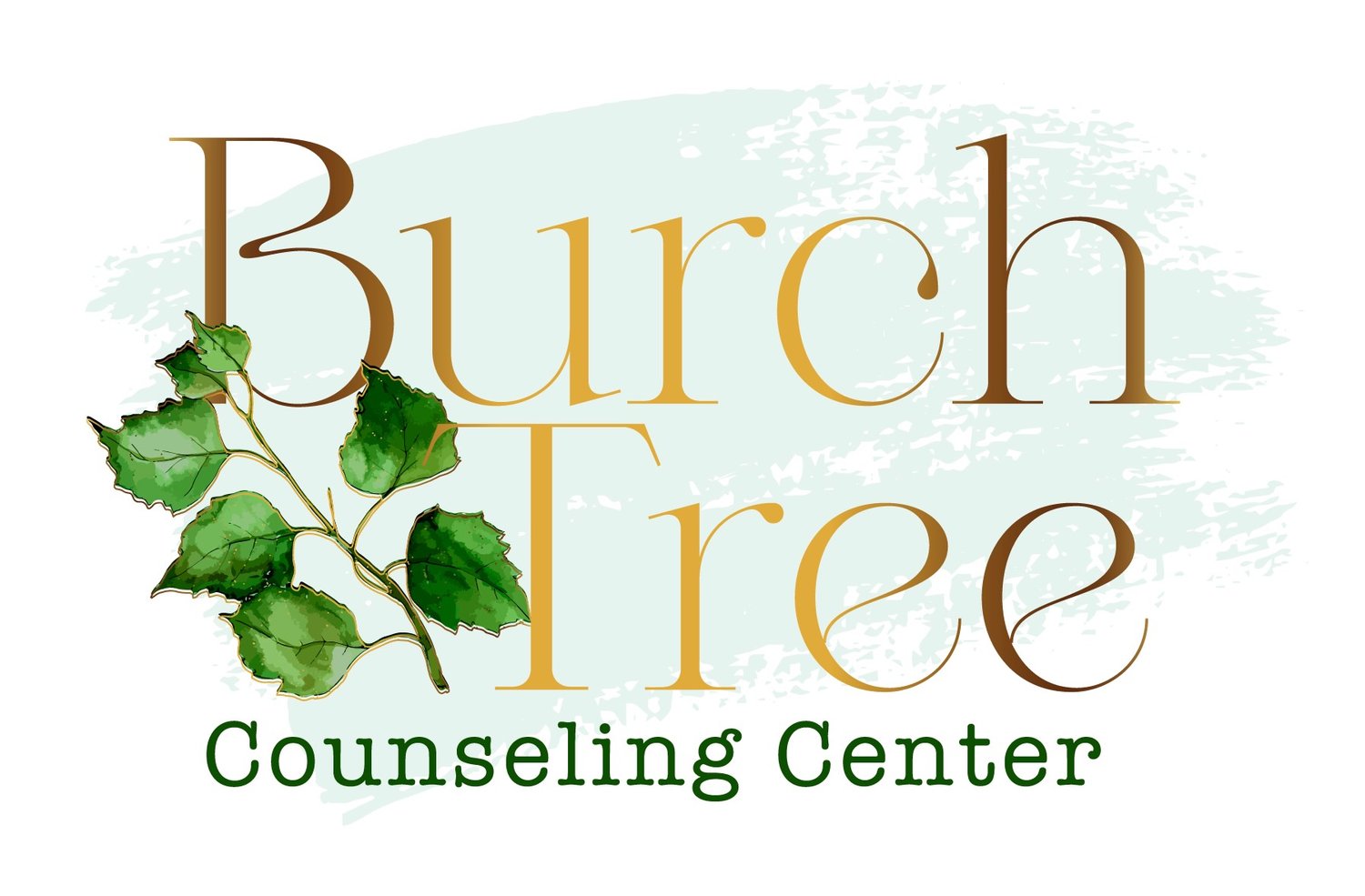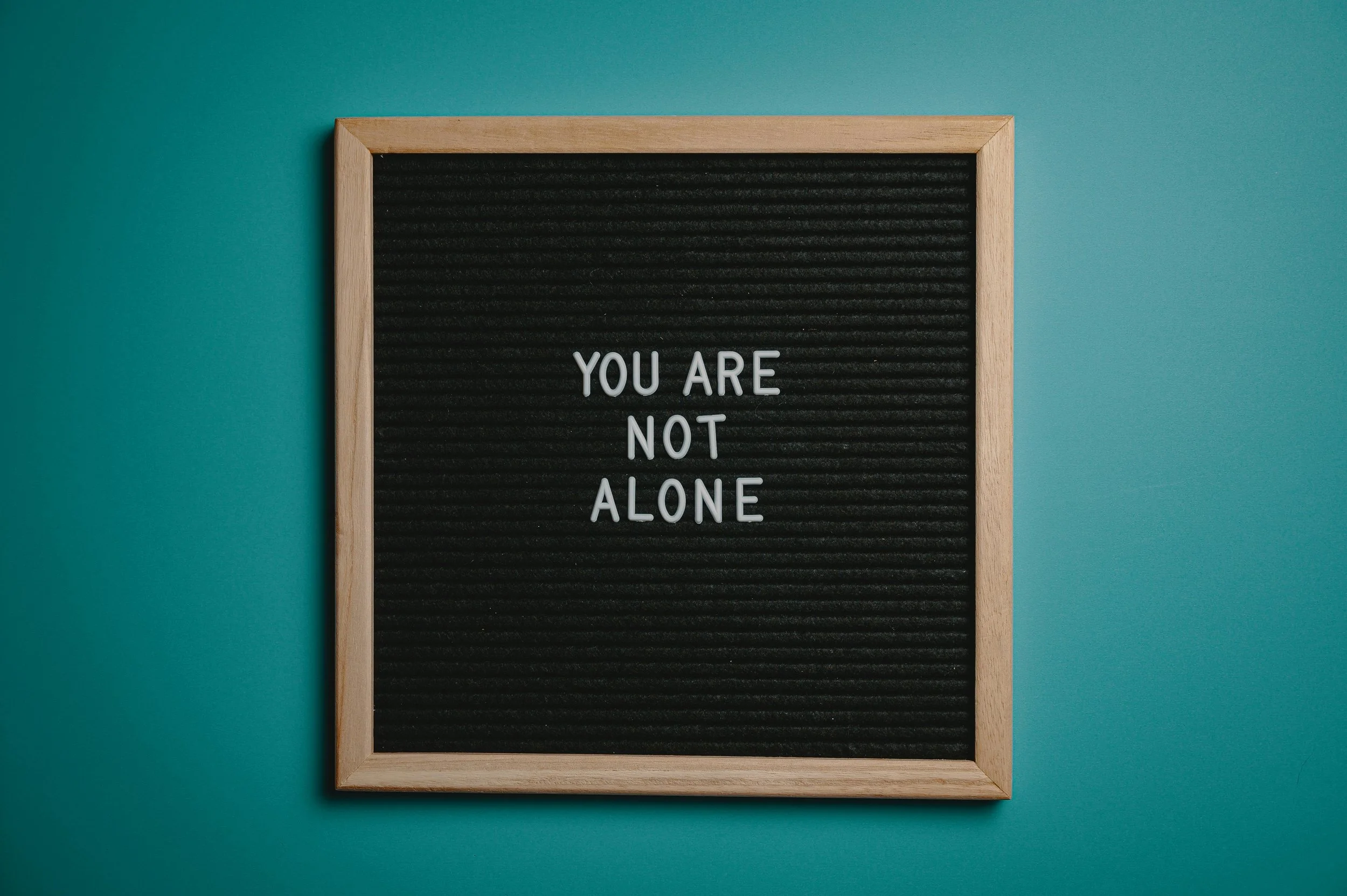Understanding Post-Traumatic Stress Disorder (PTSD) in Sarasota, FL: Symptoms, Treatment, and Hope for Recovery
What is Post-Traumatic Stress Disorder?
Post-traumatic stress disorder (PTSD) is a mental health condition that can develop after experiencing or witnessing a traumatic event. Trauma can stem from many sources—combat, childhood abuse, sexual assault, natural disasters, accidents, or ongoing emotional harm. While it’s natural to feel shaken after trauma, PTSD occurs when those feelings persist, intensify, or disrupt daily life long after the event has ended.
If you live in Sarasota, FL and are searching for a compassionate PTSD therapist, know that effective help is available locally.
Common PTSD Symptoms
PTSD affects people in unique ways, but symptoms often fall into four categories:
Intrusive Memories
Flashbacks, nightmares, or vivid memories of the trauma
Intense emotional or physical distress when reminded of the event
Avoidance
Steering clear of people, places, or activities that trigger memories
Numbing emotions or withdrawing from loved ones
Negative Changes in Mood & Thinking
Persistent feelings of guilt, shame, or fear
Difficulty experiencing positive emotions
Distorted beliefs about oneself or others (e.g., "I’m unsafe" or "It was my fault")
Hyperarousal (Reactivity Symptoms)
Irritability, angry outbursts, or hypervigilance
Trouble concentrating or sleeping
Exaggerated startle response
When these symptoms last longer than a month and interfere with relationships, work, or overall wellbeing, a PTSD diagnosis may be appropriate. Learn more from the National Institute of Mental Health.
Complex PTSD vs. PTSD
Many people also search for complex PTSD (C-PTSD). Unlike PTSD, which often develops after a single traumatic event, C-PTSD is linked to repeated or prolonged trauma, such as childhood neglect or domestic violence. In addition to PTSD symptoms, individuals with C-PTSD may experience challenges with identity, emotional regulation, and trust in relationships.
If you’re seeking complex PTSD treatment in Sarasota, FL, finding a therapist who specializes in trauma therapy can make a significant difference.
Effective PTSD Treatments in Sarasota, FL
The good news is that PTSD is treatable. A variety of trauma-focused therapies help people find relief, heal, and move forward:
EMDR Therapy (Eye Movement Desensitization and Reprocessing): Helps reprocess traumatic memories so they no longer feel overwhelming. Learn more from the APA on trauma-focused therapies.
Trauma-Focused Cognitive Behavioral Therapy (TF-CBT): Restructures unhelpful thought patterns linked to trauma.
Somatic Therapy: Uses body awareness and regulation to release trauma stored in the nervous system.
Group Therapy: Provides support and reduces isolation.
Medication: May help regulate mood, sleep, or anxiety symptoms.
Many individuals work with a PTSD therapist in Sarasota trained in these evidence-based methods.
Finding Hope in PTSD Recovery
Recovery looks different for everyone. Some people notice improvement in weeks; others may need longer-term trauma therapy. Healing is not about erasing the past—it’s about learning to live fully in the present without trauma controlling your life.
Key elements of recovery include:
Building safety and stability
Developing coping strategies
Reconnecting with supportive people
Cultivating post-traumatic growth (finding meaning and resilience through healing)
When to Seek Help
If you or someone you love is struggling with PTSD symptoms, reaching out for help can feel difficult—but it’s a powerful first step. A qualified PTSD therapist in Sarasota, FL can guide you through the healing process with compassion and proven methods.
Remember: PTSD is not a sign of weakness. It’s a response to overwhelming experiences, and with the right treatment, recovery is possible.
Final Thoughts
Post-traumatic stress disorder affects millions worldwide, including many right here in Sarasota, FL. But it does not define you. Through effective PTSD treatment options such as EMDR therapy, CBT, and trauma-informed care, healing is within reach. Whether you’re navigating PTSD yourself or supporting a loved one, know that there is hope, support, and a path forward.




